Chop, fry, love: How WFP Cook4Climate stars sprinkle awareness around COP27
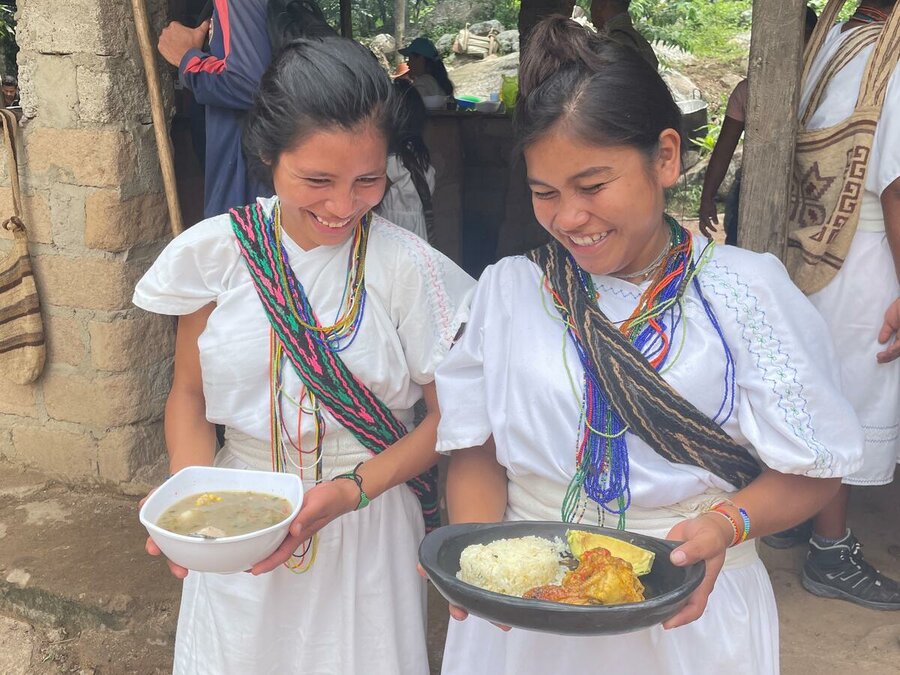
If aliens were to view planet earth as a plate, it wouldn’t take a particularly intelligent lifeform to see that human beings are making a meal of their very home... and leaving nothing left.
Over the past two weeks COP27 in Sharm el-Sheikh has aimed, as all UN climate summits do, to stop the damage. And thank goodness.
Last year, 23 million people were pushed into severe hunger by climate extremes alone, while World Food Programme (WFP) climate solutions targeted 12 million people in 37 countries.

The number of weather-related disasters increased fivefold over the last five decades. Nearly a quarter of the world's farmable lands are degraded, destroying land and crops. And while many of us feel powerless, looking on as industry inflicts more and more damage on the planet we cherish, there is some good news: as individuals we have considerable agency when it comes to what appears on our plates at dinnertime.
5 things I took away from COP27
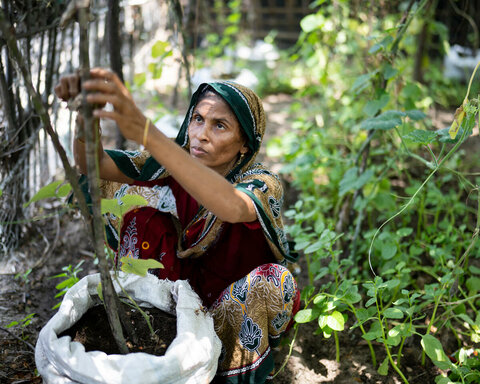
With this in mind, (WFP linked up with a number of leading food influencers and chefs as well as its own goodwill ambassadors to spread awareness on the impacts of the climate crisis on hunger. Below are some of the culinary talents who’ve agreed to show us how to chop, fry, and bake for change sustainably.
Tony Yoo
The chef behind Korea's first Michelin-starred restaurant, Doreyoo, became a WFP Advocate last April – as a chef advocate he strives to minimize food waste.
“I always think ... how I can minimize food waste, how I can use all the ingredients without wasting them,” says Yoo. “I discuss with my guests to make sure there’s no food left. It is also important to buy only what you need.
“To eat food, we need ingredients, which are absolutely linked with climate.”
The famous kimchi is a case in point. “Since kimchi is a representative fermented food, as the climate changes, so does the culture of kimchi ... [its] storage, salinity, and recipe ... have been changing.”
Chef Eros
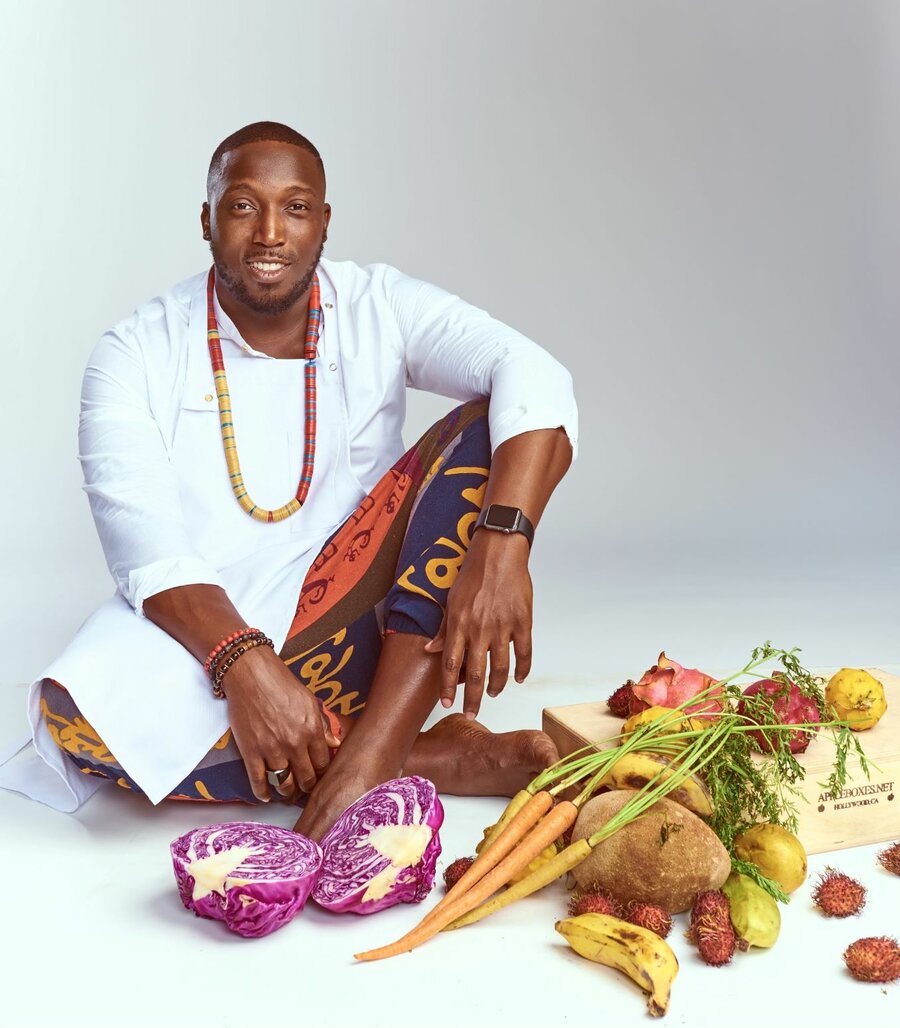
“Climate change’s affected farming for many years,” says Nigerian celebrity chef Tolulope Erogbogbo, aka Chef Eros. ”Without water, crops can’t grow, and livestock can’t survive. I was inspired by what WFP has done to support climate relief in Kenya, by building a canal that supports water supply to farmers to cultivate healthy crops and livestock. This is a gamechanger and my hope is that more communities will benefit from this strategy across Africa.”
He adds: “Farmers have been struggling with change of temperatures and storage conditions. The lack of infrastructure has meant a lack of control of the floods. I’ve witnessed it and been a part of the same story.”
Eros is keen to use his platform to spread the word.
“I use cooking as a medium to bring together groups of people from all walks of life and different cultures to a dining table to become more culturally aware about the West African culture,” he says.
Rita Lobo
Brazilian chef and TV presenter Rita Lobo was inspired by the story of Cristino in El Salvador.
Cristino grows and sells green peppers, cucumbers and tomatoes to sustain his family thanks to a project where WFP is helping farmers to turn a dry strip of land into a garden, injecting fertilizer (fertigation) and hydroponics all powered by renewable energy.
“I chose to highlight Cristino's work in El Salvador because even though the crisis is global,” she says. “I thought it was important to draw the attention of Brazilian people to relevant work taking place right here in Latin America.”
“My job is to encourage people to come to the kitchen and prepare their own meals. In order to help them, I pay attention to what they say, I try to understand their difficulties. In 2022, the big issue was the high cost of food. That's why my focus all year was on teaching how to reuse food and not waste anything.”
Honor Toudissa
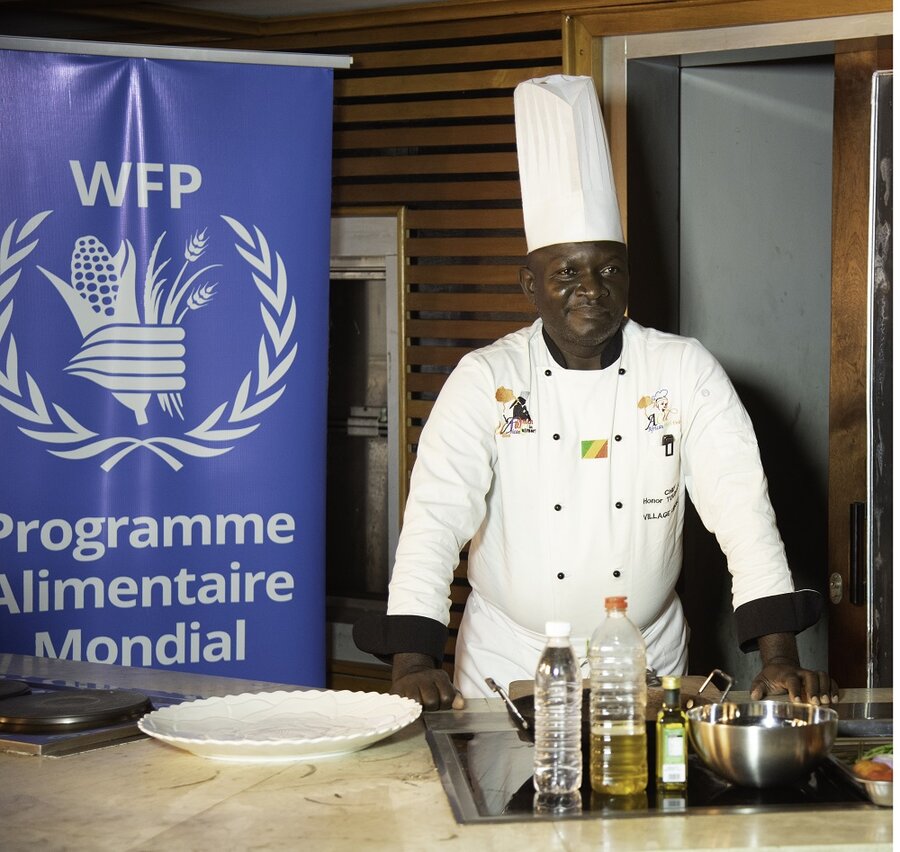
“I am seeing the destruction of the environment by chemical products used in agriculture,” says Honor Toudissa, a popular chef in the Republic of Congo.
“Floods are happening more often. The destruction of forests is an issue here as we are losing local species eaten by indigenous populations. We need to preserve the environment to protect future generations,” he adds.
“Eating is a necessity, but cooking is a way to connect to your partner, your mother, your children and friends. It influences our daily lives.”
Farhana Ibrahim
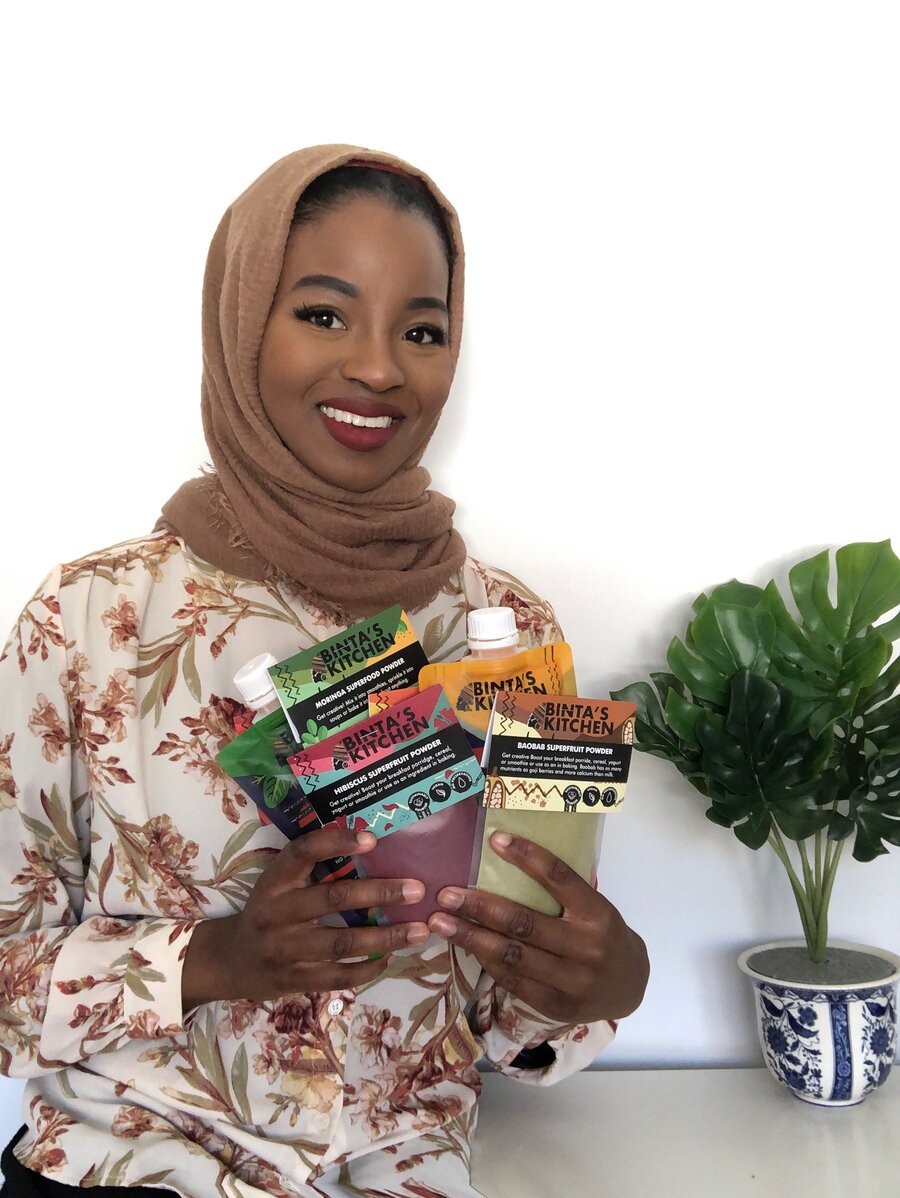
“I was most inspired by the resilience of farmers like Mohamed in Egypt that made changes to farm more sustainably,” says chef Farhana Ibrahim.
For Mohammed, growing wheat was an endless challenge due to water scarcity, until they received heat-resistant seeds and farming techniques such as drip irrigation from WFP.
“I was also struck by how readily available wheat is in UK supermarkets and wanted to raise awareness of the juxtapositions of our experiences,” says Ibrahim, who as a food envoy is committed to putting northern Nigerian food on the map.
“Our message is to share wellness and teach children about healthy eating choices and ending child food poverty,” she says.
